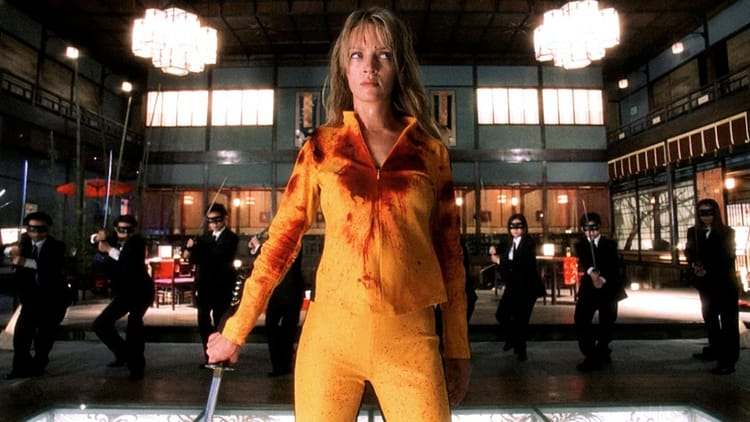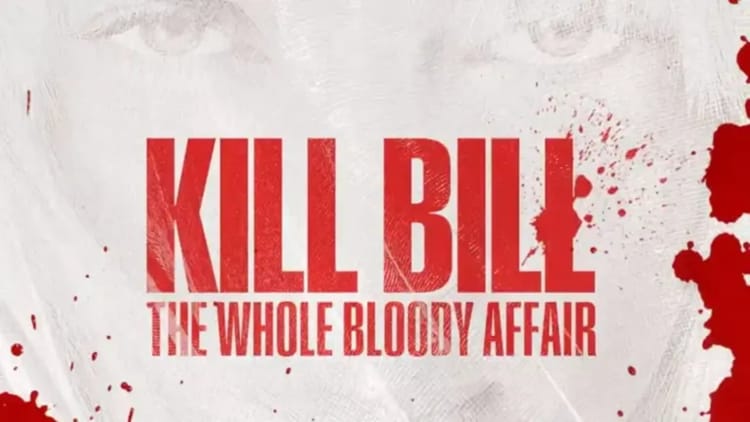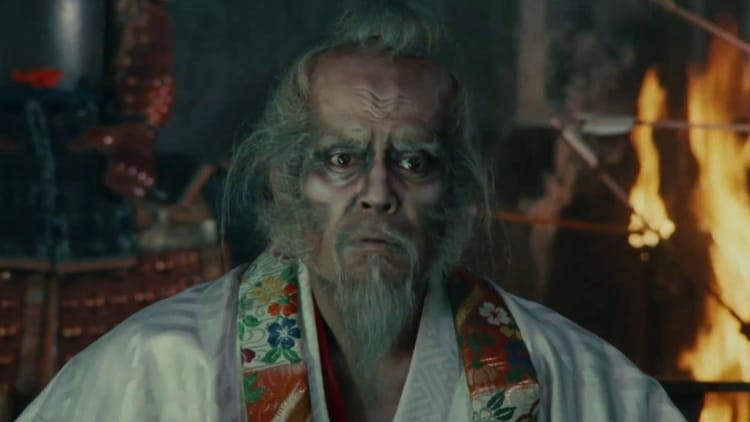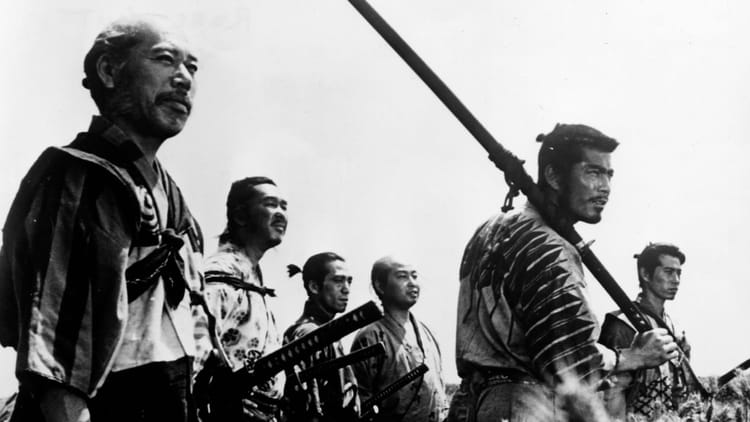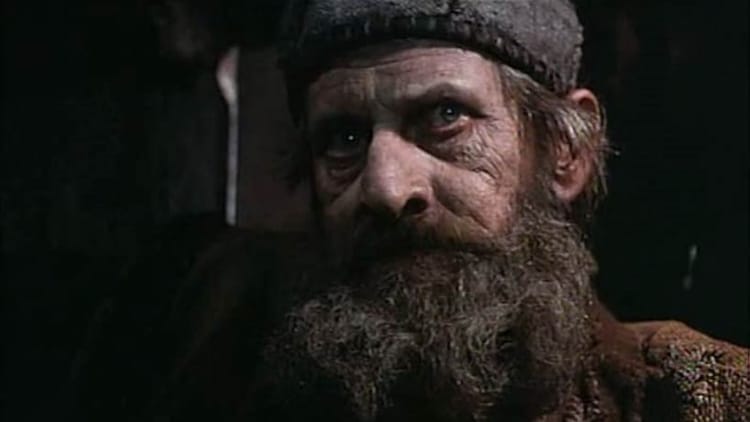Top 10 Samurai Movies
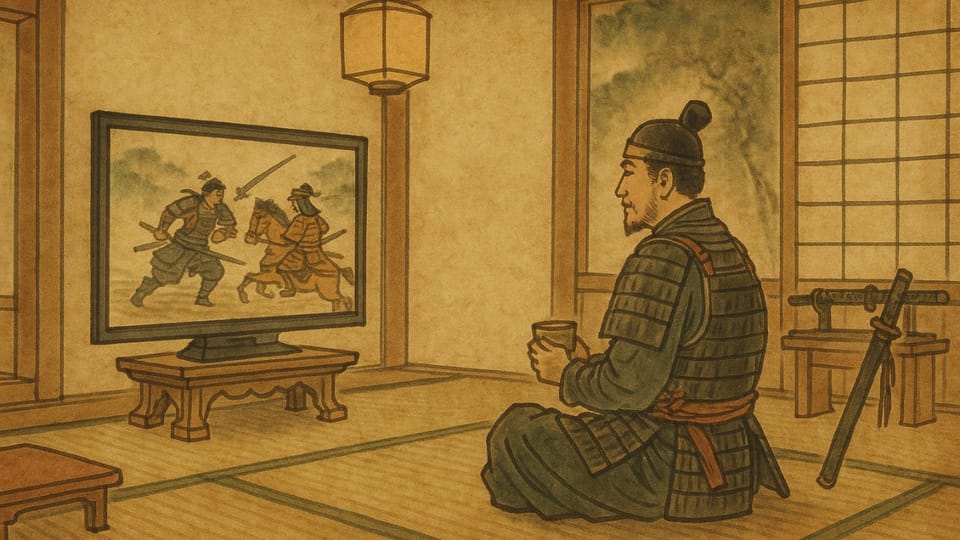
Back in the day, Japan was all about period flicks, called jidaigeki, jam-packed with samurais, local legends, and all that historical jazz. Now, the real scene didn’t start to shift towards those modern-day dramas until the 1920s got rolling. But let’s chat about those early days—1910s, baby—where the likes of Shōzō Makino were pumping out these one-reel chanbara films. That’s sword-fighting madness to you and me, named after the clash-clash of steel on steel. Most of these bad boys are lost to time, kinda like tears in rain, but word is they were pretty raw, just straight-up recordings of plays on film.
Then bam! Late 1920s roll around, and chanbara gets a facelift with flicks like A Diary of Chuji’s Travels. This is where the magic happens—dynamic cuts, lights dipping and diving, all making these sword-slingers look and feel like you’re in the thick of it. That’s when samurai movies started to cut deep, really playing up the mind games and the drama.
Post-WWII, the Allies put the brakes on anything smelling of feudal vibes, hitting pause on the samurai spectacle. But once they hit the road in ’52, it was showtime again! The 1950s were golden, with samurai tales making up a fat slice of Japan’s film pie, like a third of everything they cooked up each year.
Now, dig this—samurai flicks are to Japan what Westerns are to America. We’re talking legendary heroes, epic showdowns, and those killer one-liners before the sword drops. Whether you’re into the lush visuals, the opera of drama, or just there for some dope sword fights, samurai films got something for everyone.
And then there’s the big guns like Akira Kurosawa, Kenji Mizoguchi, and Hiroshi Inagaki—cats who put Japanese cinema on the map globally in the ‘50s. But even with all that jazz at international film fests, tons of killer films from studios like Toei are still gathering dust, unseen in the West. Classics like Bloody Spear at Mount Fuji (1955)? Barely a flicker on the radar. So there you have it, the wild, wild East, hidden in plain sight.
Below is my list of top ten samurai flicks I’m positive you will enjoy. Be warned, the list changes constantly. You can keep track of the movies I watch for “research” for VIKINGS vs SAMURAI here.
Seven Samurai
A village on the edge, hiring a badass crew of samurai to throw down against some nasty bandits. These samurai, they’re not just fighters; they’re teachers, getting the locals all prepped for the mother of all showdowns. And when the final act hits? It’s a knock-down, drag-out battle that lasts forever and never lets up. We’re talking a cinematic masterpiece here, cruising through three and a half hours of pure gold, and it doesn’t drop the ball for a second. Top-tier action, epic sword clashes, it’s the samurai flick by which all others are measured. Trust me, it’s the gold standard.
Throne of Blood
Throne of Blood rocks it, spinning Macbeth with samurai steel. Ambition, tragedy, all killer, no filler.
Yojimbo
Yojimbo’s the OG samurai showdown—cool loner plays gangs, sparks fly. A slow burn masterpiece, remade as Western gold.
Harakiri
Harakiri digs deep, slashing samurai ideals with a revenge tale that bleeds dark truths. Tense, tragic, a genre-defining classic.
The Sword of Doom
Sword of Doom’s a grim ride—ruthless swordsman spirals into darkness. Raw, unapologetic, pushing every boundary with an epic ending. Not for the faint-hearted.
Lady Snowblood
Lady Snowblood slays—fierce, fast, stylish revenge with Meiko Kaji killing it. Sets the bar sky-high for samurai flicks. Part 1’s untouchable.
The Twilight Samurai
With Twilight Samurai, director Yoji Yamada swaps laughs for swords, nails drama with a lowly samurai’s torn heart. Oscar-nodded, top-tier samurai saga.
Kill!
Kill! mixes laughs with slashes. A buddy-samurai flick where Tatsuya Nakadai shines in clan chaos. Funny yet fierce, an old-school gem.
The Tale of Zatoichi
Zatoichi kicks off slicing yakuza in a small town tragedy. A blind swordsman’s classic debut that set the stage for 20+ sequels.
When the Last Sword Is Drawn
Kiichi Nakai kills it as a samurai torn from family, drowning in drama and pathos. Epic yet overwrought, a poignant saga of swords and sorrow.

